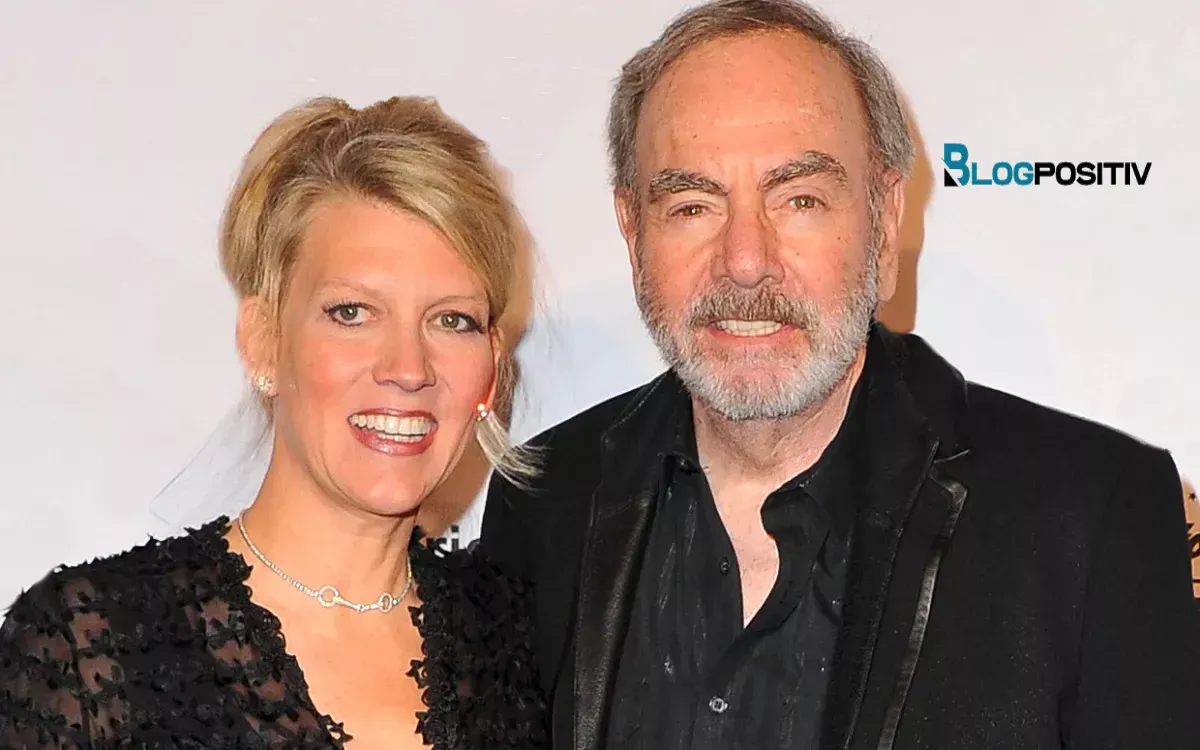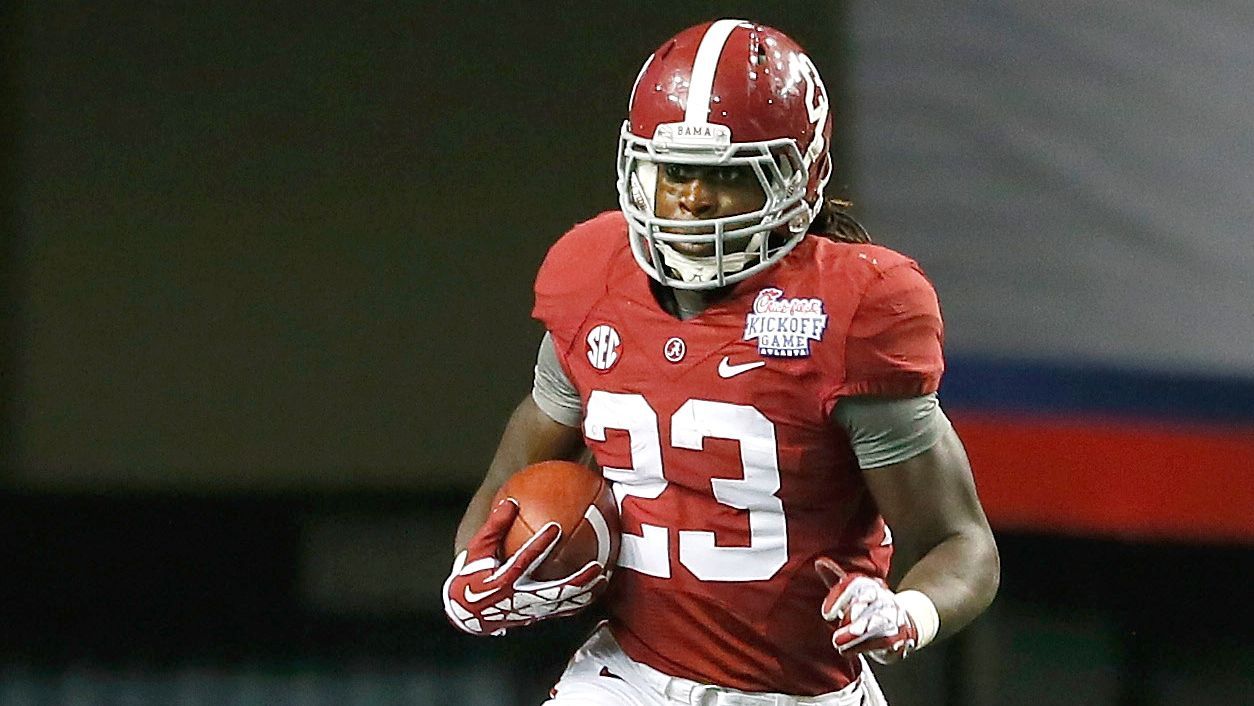
In the heart of the Pacific Northwest, Die Hard WSU was a name that resonated with passion and determination. For years, the team had been a formidable force in collegiate basketball, and at its center was Jamal “Jet” Johnson, a star player whose electrifying plays captivated fans and left opponents in awe. But one crisp autumn morning, the university campus buzzed with an unsettling energy; news broke that Jet had decided not to play again.
The local coffee shop, a favored haunt for students and athletes alike, was unusually quiet. As students sipped their lattes, whispers filled the air. “Did you hear?” “No way he’s done!” “What could have happened?” The excitement that usually accompanied game day was replaced by a heavy silence. Jet had always been more than just a player; he was a symbol of hope for many, a beacon for the team.
Later that day, Jet sat in his small apartment, staring blankly at the TV screen. The flashing highlights of his past games played like a montage of bittersweet memories. He could almost hear the cheers of the crowd, feel the adrenaline surging through his veins with every three-pointer he sank. But those moments were now overshadowed by the weight of a decision that felt both liberating and heartbreaking.
The decision to step away was born from a series of events that had crept up on him like a shadow. The pressure of expectations, the constant scrutiny from fans, and the toll of relentless training had started to gnaw at his spirit. Yet, it was the recent injury—an ankle sprain that had kept him off the court for weeks—that had become the tipping point. During recovery, he had faced his own vulnerabilities, realizing how fragile his career truly was.
On campus, Coach Daniels felt the weight of the news more than anyone. He had watched Jet grow from a shy freshman into a leader on and off the court. “I never imagined I’d be having this conversation,” he said, addressing the team. “Jet means everything to us. But we need to respect his decision.” The players nodded in agreement, but disappointment hung in the air like a thick fog.
Meanwhile, Jet’s closest friend, Malik, couldn’t shake the feeling of loss. “You can’t be serious about this, man. You’ve worked too hard to just walk away!” he exclaimed during a late-night conversation. They had grown up together, shared dreams of glory, and now Jet was pulling the rug out from under them.
“I just don’t think I can do it anymore, Malik,” Jet replied, his voice heavy. “I’m tired. Tired of the pressure, the expectations. I just want to be… me for once.”
Malik took a deep breath, trying to understand. “You know this is your dream, right? You can’t let it slip away just like that.”
Jet looked out the window, the streetlights casting a warm glow. “Maybe my dream has changed. Maybe I want to explore what life looks like outside of basketball.”
Days turned into weeks, and as the season approached, the buzz surrounding Die Hard WSU shifted. Fans rallied behind Jet, creating signs that read “Jet, We’ll Always Support You!” and “Once a Die Hard, Always a Die Hard.” The love and admiration from the community flooded in, but it only amplified Jet’s internal struggle.
On the day of the team’s first game, Jet stood on the sidelines, wearing his jersey but not stepping onto the court. The arena erupted in cheers, but he felt detached, like a ghost in a place that once felt like home. As his teammates ran through warm-ups, he spotted a young boy in the stands, clutching a basketball, eyes wide with admiration. In that moment, something clicked.
Jet realized that his legacy was not only in the points he scored or the trophies he might win but also in how he could inspire others. Maybe stepping away didn’t mean disappearing; perhaps it meant redefining what it meant to be a role model.
As the final whistle blew, Jet stepped onto the court for the first time as a spectator, but with a newfound purpose. He waved at the crowd, a smile breaking through the weight of his decision. No longer just a player, he was now a mentor, a friend, and a source of inspiration for the next generation.
And so, the story of Jet Johnson transformed, but it didn’t end. It merely began a new chapter—one where the heart of the game lived on, not just in victories but in the courage to embrace change.





